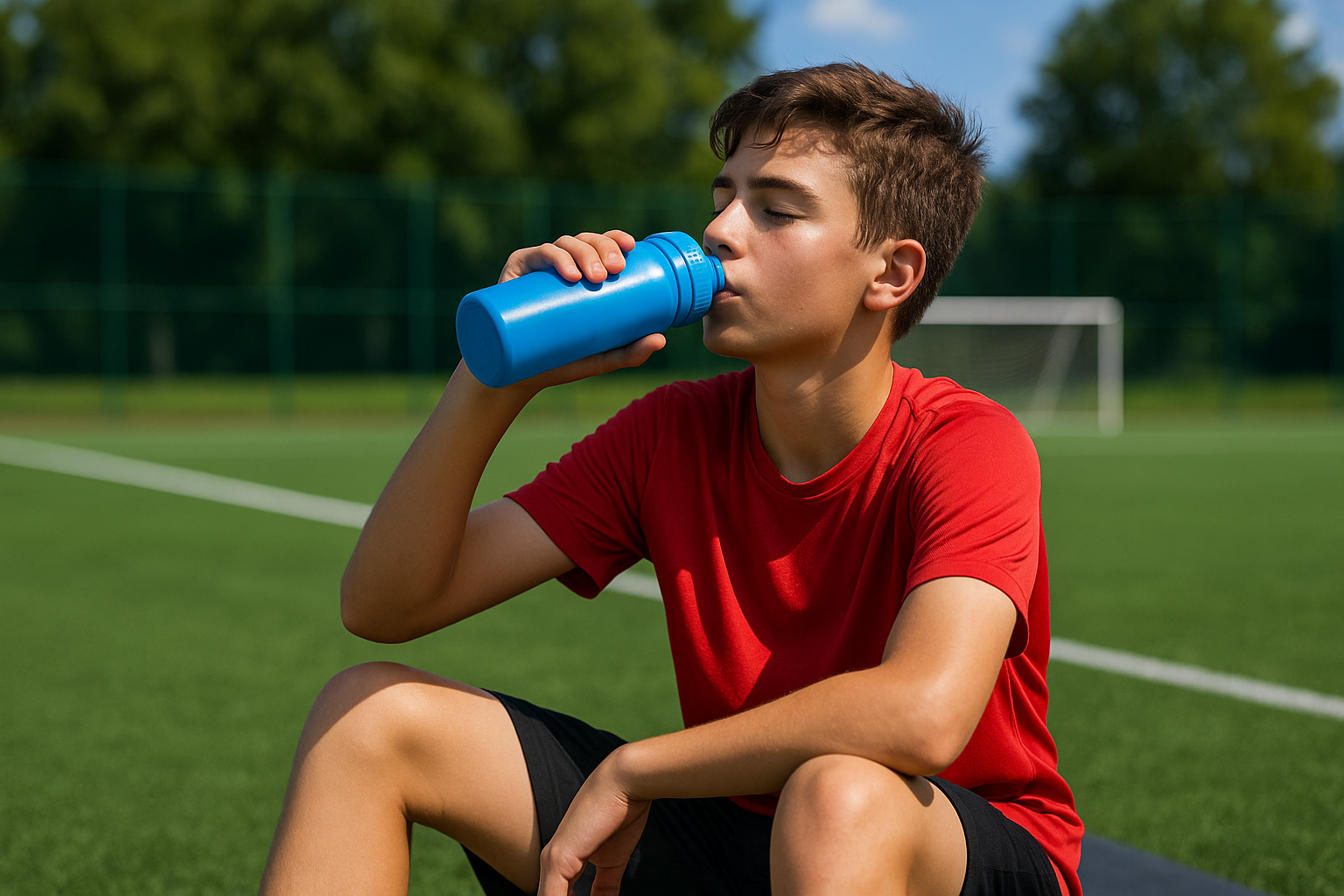
Hydration Tips for Young Athletes: How Water Fuels Performance
Every young athlete wants to go faster, jump higher, and play longer—but few realize that one of their biggest performance boosters isn’t found in a protein shake or fancy supplement. It’s water.
Hydration isn’t just about quenching thirst. It affects nearly every system in the body—from muscle control and focus to temperature regulation and recovery. Even being slightly dehydrated (as little as 2% of body weight in water loss) can reduce athletic performance, slow reaction time, and increase the risk of cramps or fatigue.
Why Hydration Matters for Young Athletes
Young bodies are still developing, which means they don’t cool down or recover as efficiently as adults. When kids sweat, they lose water and key minerals called electrolytes (sodium, potassium, magnesium). These minerals help muscles contract appropriately and keep energy levels stable.
Without enough fluids:
- Focus and concentration drop.
- Muscles cramp more easily.
- Fatigue sets in faster.
- Recovery after practice takes longer.
In other words, dehydration doesn’t just affect how you feel—it directly impacts how you play.
Signs of Dehydration
Many young athletes don’t recognize early dehydration. Here are some common red flags parents, coaches, and players should watch for:
- Dry mouth or sticky saliva
- Headaches or dizziness
- Dark yellow urine
- Slower reactions or poor focus
- Muscle cramps or side stitches
- Feeling unusually tired or irritable
A simple rule of thumb:
👉 If you’re thirsty, you’re already behind.
Water vs. Sports Drinks
Parents often wonder if sports drinks are necessary. The truth:
- For practices under 60 minutes, plain water is usually enough.
- For longer or high-intensity sessions, sports drinks can help replace lost electrolytes and carbohydrates for energy.
But beware—many commercial sports drinks are loaded with sugar and artificial dyes. A better option? Make your own:
- Mix water + a pinch of sea salt + a splash of 100% fruit juice + a squeeze of lemon.
It’s natural, refreshing, and effective.
Final Takeaway
For young athletes, success starts with preparation—and that includes what’s in their bottle. Proper hydration builds stamina, sharpens focus, and prevents injuries before they start.
So before the next whistle blows, make sure your water game is as strong as your training game. Because sometimes, the smallest habits—like drinking enough water—make the biggest difference on the scoreboard.